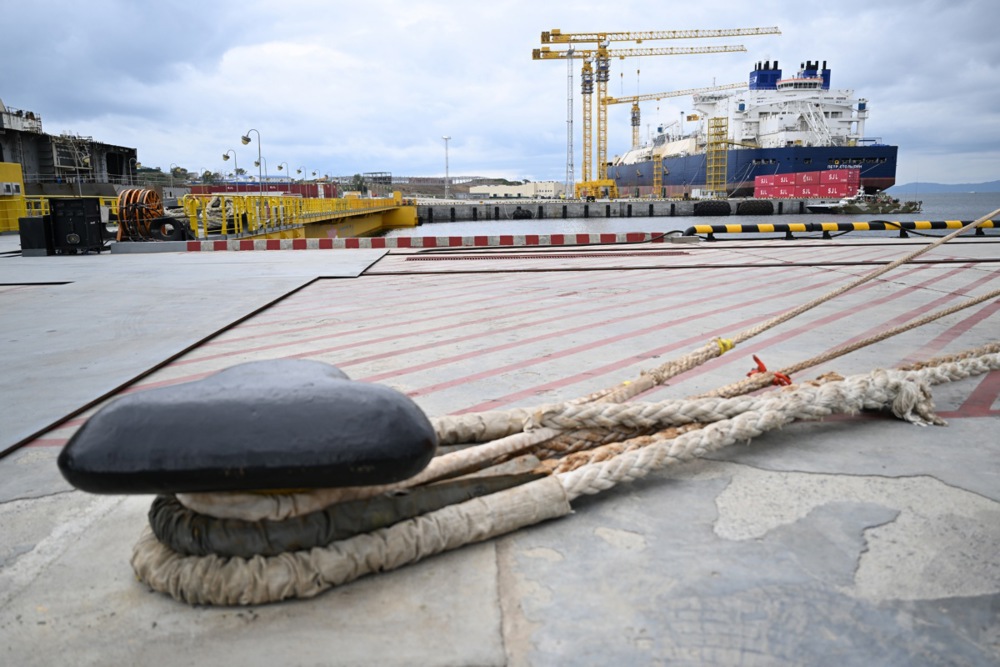Spain’s Constitutional Court ruled that the controversial amnesty law, key to Prime Minister Pedro Sánchez’s coalition deal, was constitutional.
The law, validated on 26 June, benefited Catalan separatist leader Carles Puigdemont and others involved in the 2017 independence bid, a demand made by Puigdemont’s party Junts per Catalunya in exchange for supporting Sánchez’s reappointment as Prime Minister.
Puigdemont and several allies were accused of sedition and misuse of public funds in connection with the Catalonia independence referendum, which Spanish authorities deemed illegal.
With the law, previous charges against him would be annulled and arrest warrants dropped, according to Spanish newspaper El País on June 26.
After the 2017 vote, Puigdemont fled to Belgium to avoid prosecution.
Speaking to Brussels Signal just after the ruling, Tibère Devis, attorney at the Brussels Bar, said: “He is the leading figure of the independence movement and his party’s support was essential for the Sánchez government.”
Sánchez’s Spanish Socialist Workers’ Party (PSOE), failed to win a majority in the 2023 general election and had to form a fragile coalition with smaller regional parties. A key condition from the Catalan factions was amnesty for those prosecuted over the independence attempt.
The main opposition, the People’s Party (PP), opposed the law, arguing it undermined the rule of law and judicial independence.
The condition to have an amnesty law was initiated during the 2023 elections . The legislation itself was published on June 10, 2025 and took effect the following day.
“The Venice Commission issued a report on this law before it reached the Constitutional Court in Spain,” Devis explained.
Also known as the European Commission for Democracy through Law, the Venice Commission advised the Council of Europe on Constitutional issues, offering legal guidance to ensure national legislation aligns with European democratic norms. Its opinions were non-binding but influential.
In its report, the Commission of Venice stated: “Amnesty entails an exemption from the application of criminal law based on general criteria. It is not a pardon but a legal measure that relieves individuals of criminal responsibility.”
In essence, except for certain serious crimes, criminal records were wiped clean and proceedings halted.
“This is an organic Spanish law. For another region seeking independence to benefit from such legislation, the national government would have to pass a similar amnesty law,” Devis added.
It specifically targeted acts committed during a defined period, related to the Catalan referendums of 2012 and 2017, he said.
“This might reassure some separatists that obtaining amnesty from their national government is possible. But it won’t necessarily encourage another attempt like Catalonia’s. After all, Catalonia is still part of Spain,” he added.
When asked would knowing an amnesty was possible make a coup attempt seem more feasible, Devis replied: “Not necessarily. There are no guarantees. You could just as easily spend your life behind bars.”
As for Puigdemont, Junts holds only seven seats in the 350-member parliament but they were crucial in helping PSOE reach the 176-seat majority.
Still, Puigdemont was suspected of misappropriating public funds, a crime the Supreme Court ruled was not covered by the amnesty.
Surprisingly perhaps, the law might not apply to him or certain other ministers.
“In my view, it appears he isn’t covered by this law. At least that’s what came out of a judge’s ruling in September, later upheld by the Supreme Court’s appeals chamber,” Devis noted.
Amnesty laws were not uncommon in Europe. France formally recognised them and Belgium has acknowledged them in specific contexts.
Nor was this situation unprecedented in Spain.
After the Franco era, the country passed a sweeping amnesty law in 1977 to ease national tensions and promote reconciliation. Today, amnesties were often used following regime changes or periods of conflict to help restore peace.
Although each amnesty was assessed on a case-by-case basis, the 1977 law stood as the most significant precedent.
It pardoned political prisoners and those prosecuted for opposing the regime, just as the current law sought to close the chapter on the Catalan conflict.





